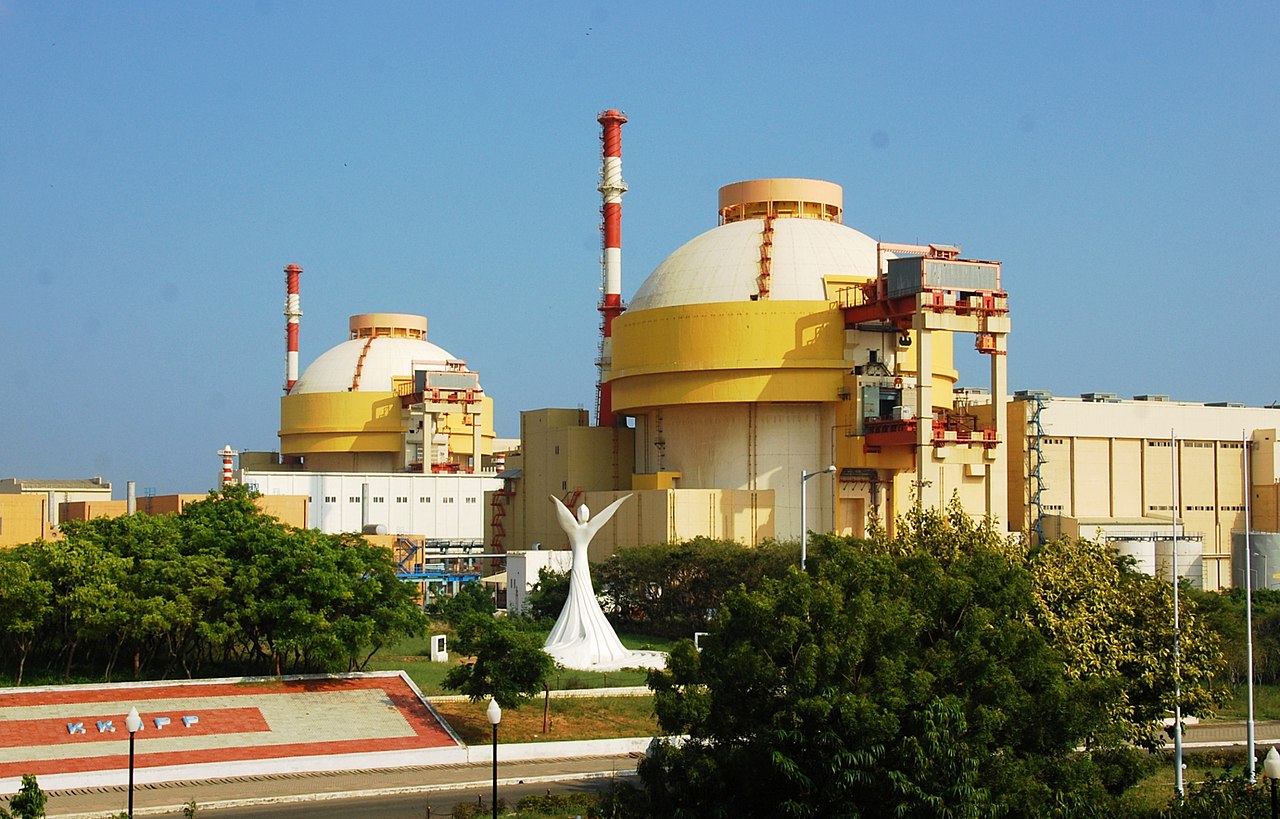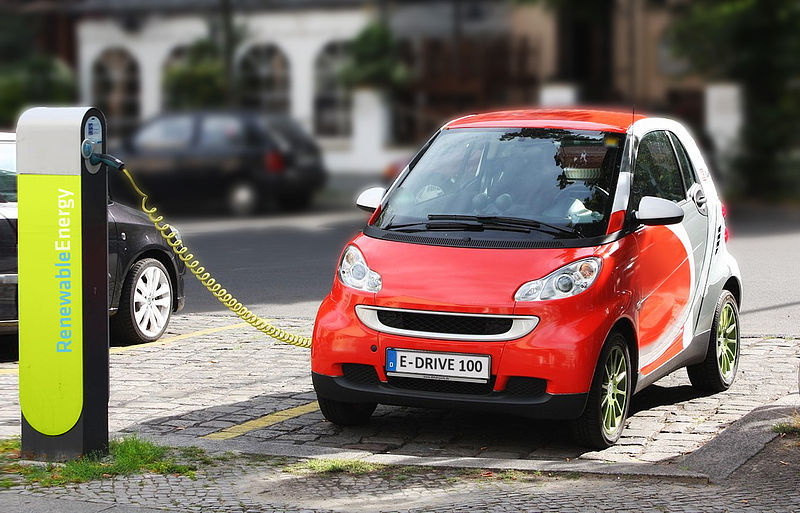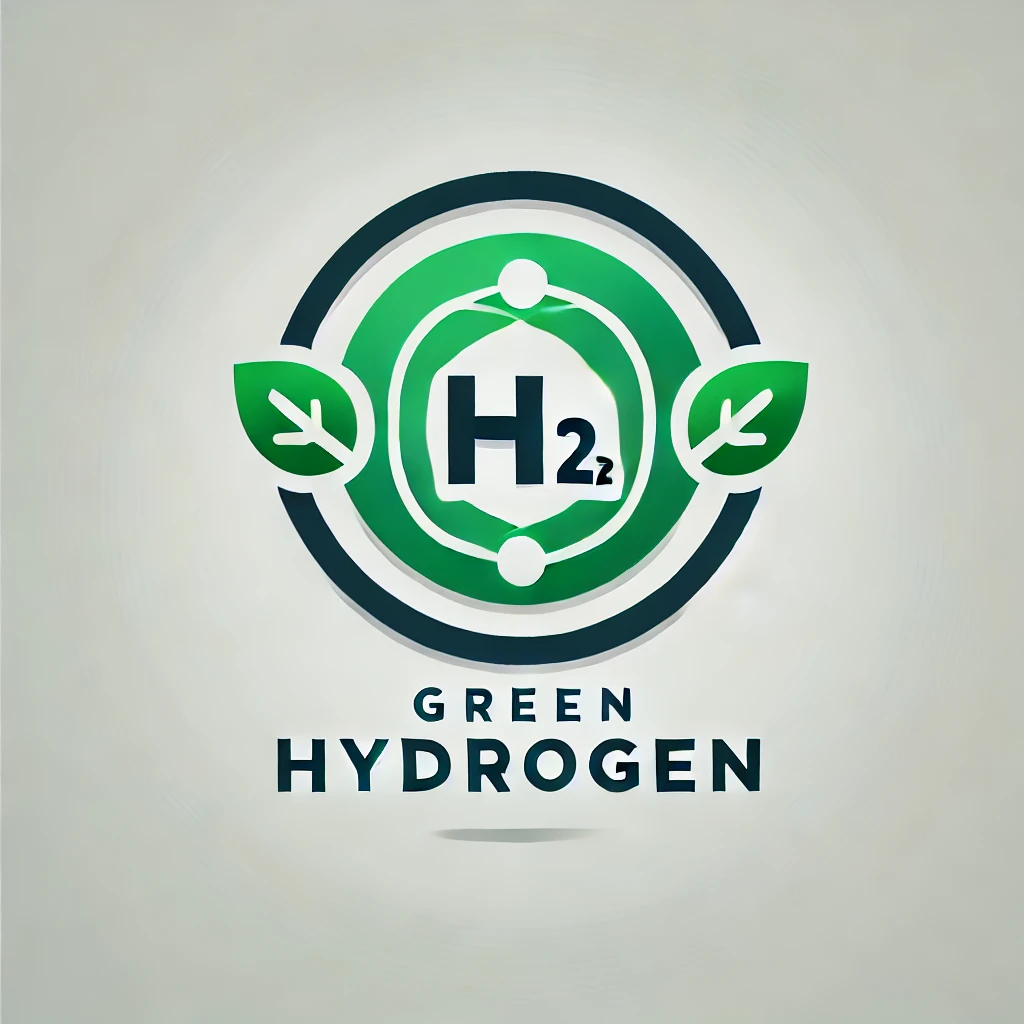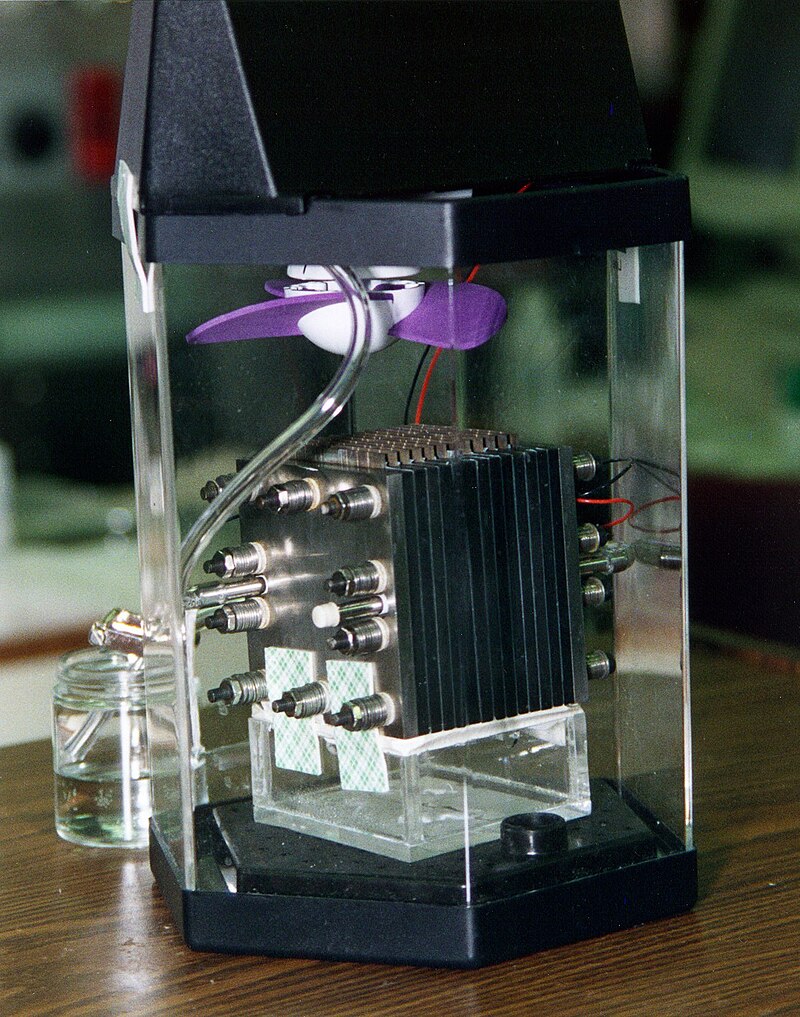Science and Technology
Major Space Initiatives By India: IN-SPACe
Fullform: Indian National Space Promotion and Authorisation Centre (IN-SPACe) Formation: 2020 Headquarters: Bopal, Ahmedabad Function Promotion and Oversight: IN-SPACe is responsible for promoting, enabling, authorizing, and supervising space activities conducted by NGEs. This includes the development of launch vehicles, satellites, … Continue reading
Major Space Initiatives By India: Indian Space Policy 2023
What is it? The Indian Space Policy 2023 is a comprehensive set of guidelines that outlines the roles and responsibilities of different entities in the Indian space sector. The policy is expected to pave the way for much-needed clarity in … Continue reading
Nanotechnology: Graphene
What is it? Graphene is a one-atom-thick sheet of carbon atoms arranged in a honeycomb-like pattern. Graphene is considered to be the world’s thinnest, strongest, and most conductive material – of both electricity and heat. Application In the electronics industry, … Continue reading
Nanotechnology: Types and Uses
Types Descending (top-down): Mechanisms and structures are miniaturized at the nanometric scale — from one to 100 nanometres in size —. It is the most frequent to date, especially in electronics. Ascending (bottom-up): Start with a nanometric structure — a … Continue reading
Nanotechnology: Definition and Generation
Definition Nanotechnology is science and engineering at the scale of atoms and molecules. It is the manipulation and use of materials and devices so tiny that nothing can be built any smaller. Generation of Nanotechnology
Energy: Small Nuclear Modular Reactors (SMRs)
What is it? SMRs are compact nuclear reactors with a maximum capacity of 300MW, designed to complement conventional Nuclear Power Plants (NPPs). Advantages SMR features enhance safety measures, simpler design, and passive safety features, reducing the potential for uncontrolled radioactive … Continue reading
Energy: Electric Vehicles
What is it? An EV is defined as a vehicle that can be powered by an electric motor that draws electricity from a battery and is capable of being charged from an external source. Advantages Electric Vehicles are more environment … Continue reading
Energy: Sustainable Aviation Fuel (SAF)
What is it? Sustainable Aviation Fuel (SAF) is a type of aviation fuel that is produced from renewable sources, unlike traditional fossil-based jet fuels. Source It can be derived from various feedstocks, such as plant oils, agricultural waste, forestry residues, … Continue reading
Energy: Green Hydrogen
What is it? Hydrogen, made by splitting water with an electrical process called electrolysis, can be used as a fuel. If the devices that do that, electrolyzers, are powered by renewable energy, the product is called green hydrogen. It is … Continue reading
Energy: Hydrogen Fuel Cell
Basics Hydrogen Fuel Cells produce electricity directly from Hydrogen and Oxygen gases, along with pure water and heat. It is an electric generator that works on electrochemical principles, as in batteries, against conventional generators’ combustion reactions. The ability to produce … Continue reading









